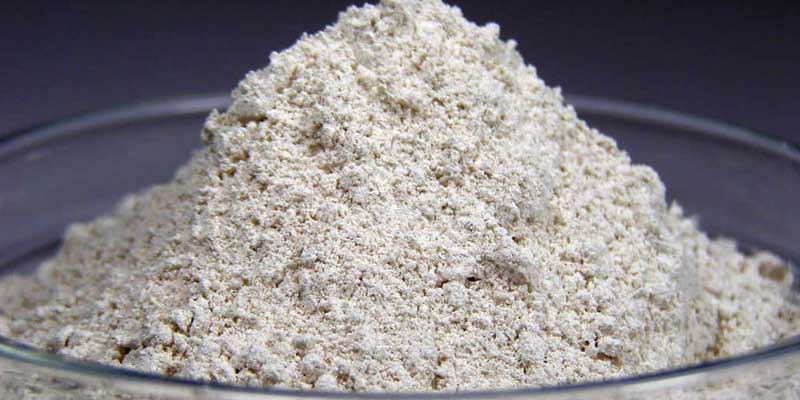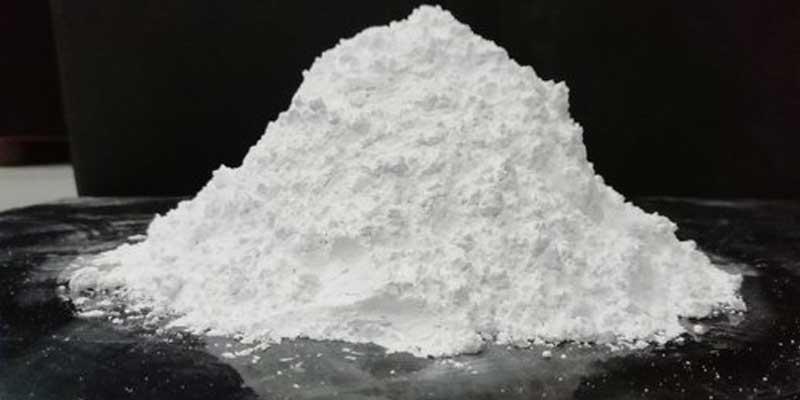Mineral Name: Calcite, Limestone (calcium carbonate; CaCO3)
Chemical properties:
| Moh’s hardness | Cleavage | Occurs in | Color | S.G. | Class | Chemical reaction |
|---|---|---|---|---|---|---|
| 3 | 3 planes at 75 0 | Rock types ; Main mineral in Limestone | white | 2.7 | Carbonates | Vigorous reaction with dilute HCL |
Calcite is present in the rock limestone formed by coral organisms that build tropical coral reefs, it formed due to actions of living organisms.
Calcium carbonate is insoluble in water and it is stable at normal temperatures. When heated to high temperatures, it decomposes to form calcium oxide with the discharge of carbon dioxide.
CaCO3 →CaO + CO2
Calcite (CaCO3) is major minerals in the common sedimentary rocks limestone and dolostone, and their metamorphosed equivalent, marble.
Calcite is the most common mineral to form in veins and open cracks in rocks. When formed in such places, large Calcite cleavable pieces and crystals may develop.
Identification of Calcite:
The easiest way to distinguish calcite from dolomite is to put a drop of dilute hydrochloric acid (HCL) on them to see if they bubble; calcite bubbles strongly, dolomite will not.
Calcite uses:
These mass found in coral reeves of irregular shaped inter grown Calcite crystals are used for many things, among them waste treatment, animal feed, fertilizer, cement, and the manufacture of paint, glass, paper, glazes, enamels, and industrial chemicals, PVC industries.
Calcium carbonate is also used as filler in adhesive and sealants. The calcium carbonate granules (Coarsest) grades of ground natural products are used at high loadings in drywall joint cements and in ready-mix adhesives for heavy wall tile.
Different grades of Calcium Carbonate available at Intercity Enterprises:
We offer a Wide variety of
- Ground Calcium Carbonate Powder (From 2 Microns to 75 Microns)
- Calcium Carbonate Coarser grades (from 0 to 1mm)
- Calcium Carbonate Chips / Limestone Chips
- Coated Calcium Carbonate Powder (From 2 Microns to 75 Microns)


